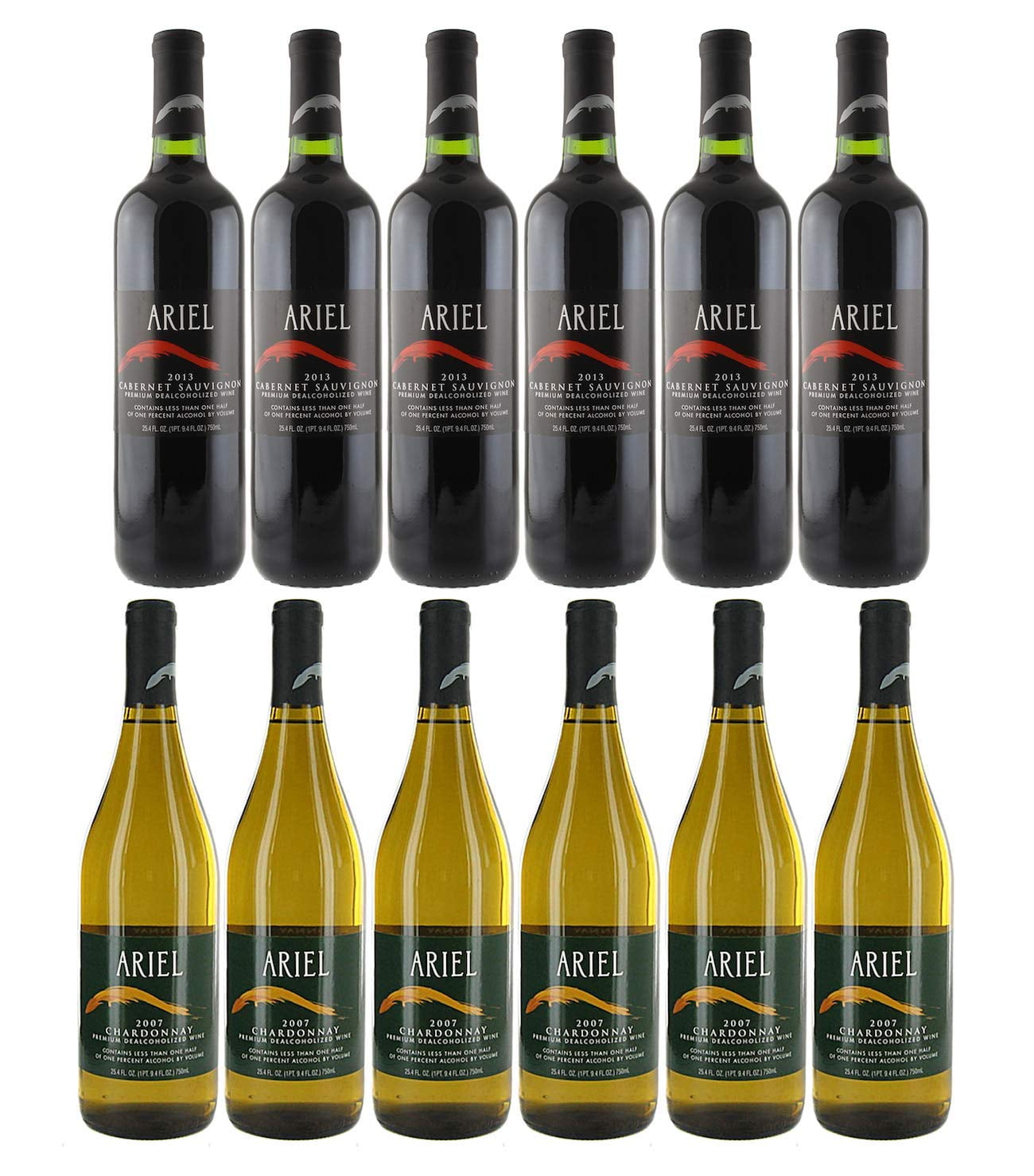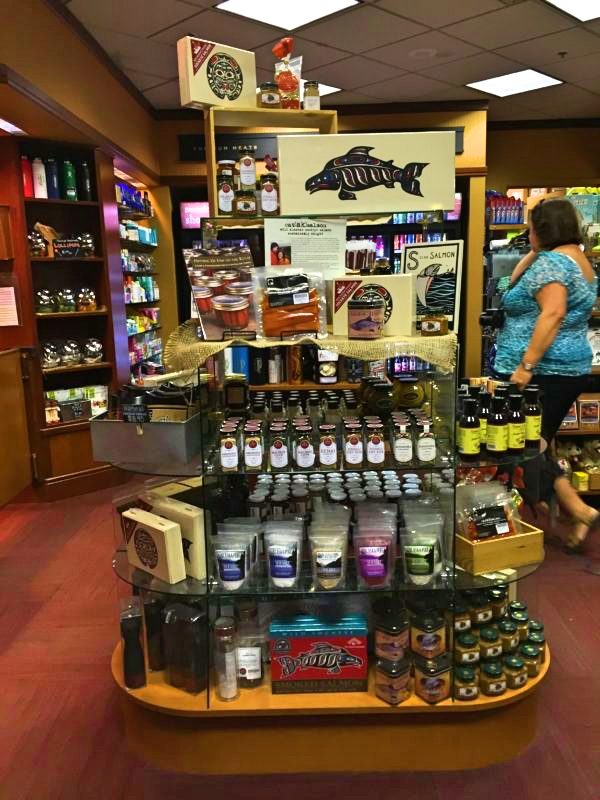
less alcohol than in a glass of orange juice). It’s also not possible to get drunk on drinks labelled as alcohol-free, non-alcoholic and dealcoholised.įor these reasons, I'll be using the terms non-alcoholic and alcohol-free throughout this article to refer to wines that are 0.5% abv or lower (i.e. However, the simple fact is most people haven't read The Food Labelling Regulations 1996 (and I don't blame them because it's a particularly dull read) and they use the terms alcohol-free or non-alcoholic interchangeably. In the UK, we've got very strict rules and what can be labelled as alcohol-free, non-alcoholic and dealcoholised. What is Alcohol-Free Wineīefore we go any further it's probably worth clarifying what is meant alcohol-free or non-alcoholic wine. I’ve also added a list of fantastic alcohol-free wines you can try if you want to enjoy the positive health impacts yourself. I’ve explored each of these benefits individually from making the switch to alcohol-free wine below and at the end you’ll find a summary of the top ten. These include reduced risk of cancer, lower blood pressure, good for weight loss, improved sleep and many more. I thought that I’d have a look at the reasons why you might make that switch and answer the question is non-alcoholic wine good or bad for you?Īfter comparing alcoholic wine and non-alcoholic wine it's easy to come to the conclusion there are a number of health benefits in making the switch to going alcohol-free.



Many people make the switch to going alcohol-free to improve their health.


 0 kommentar(er)
0 kommentar(er)
